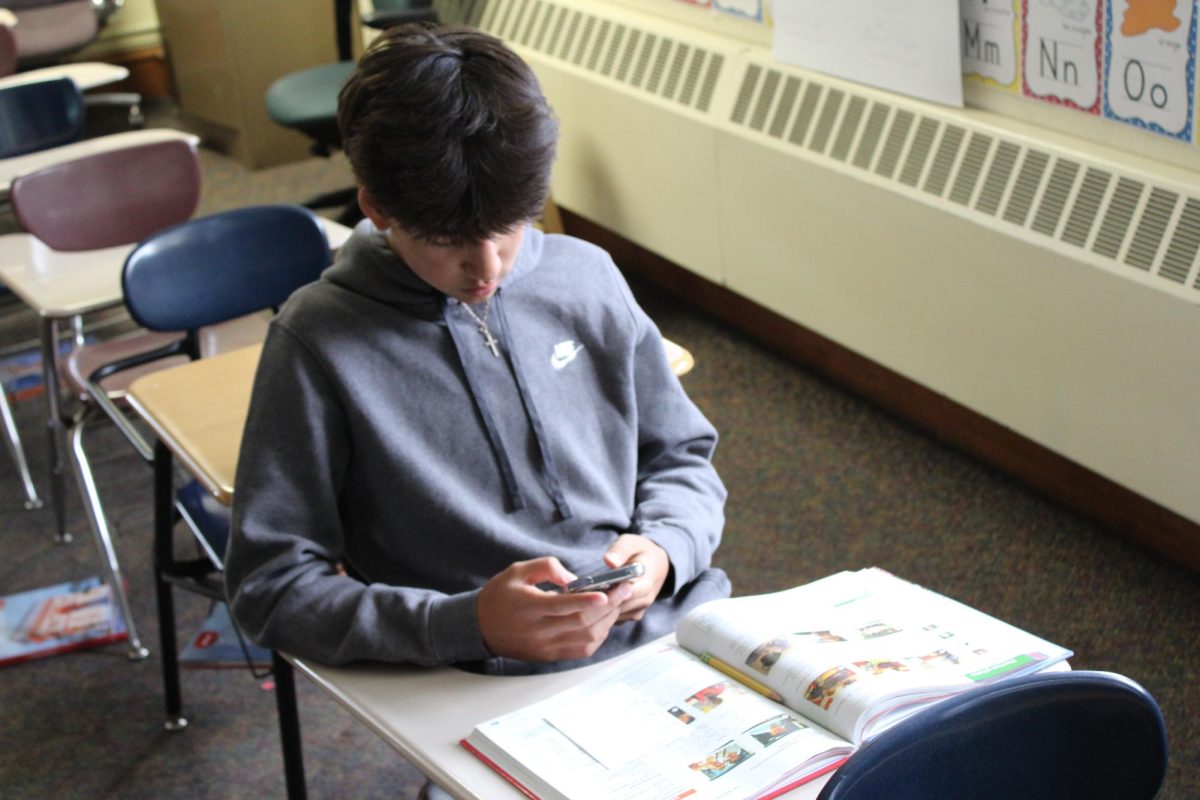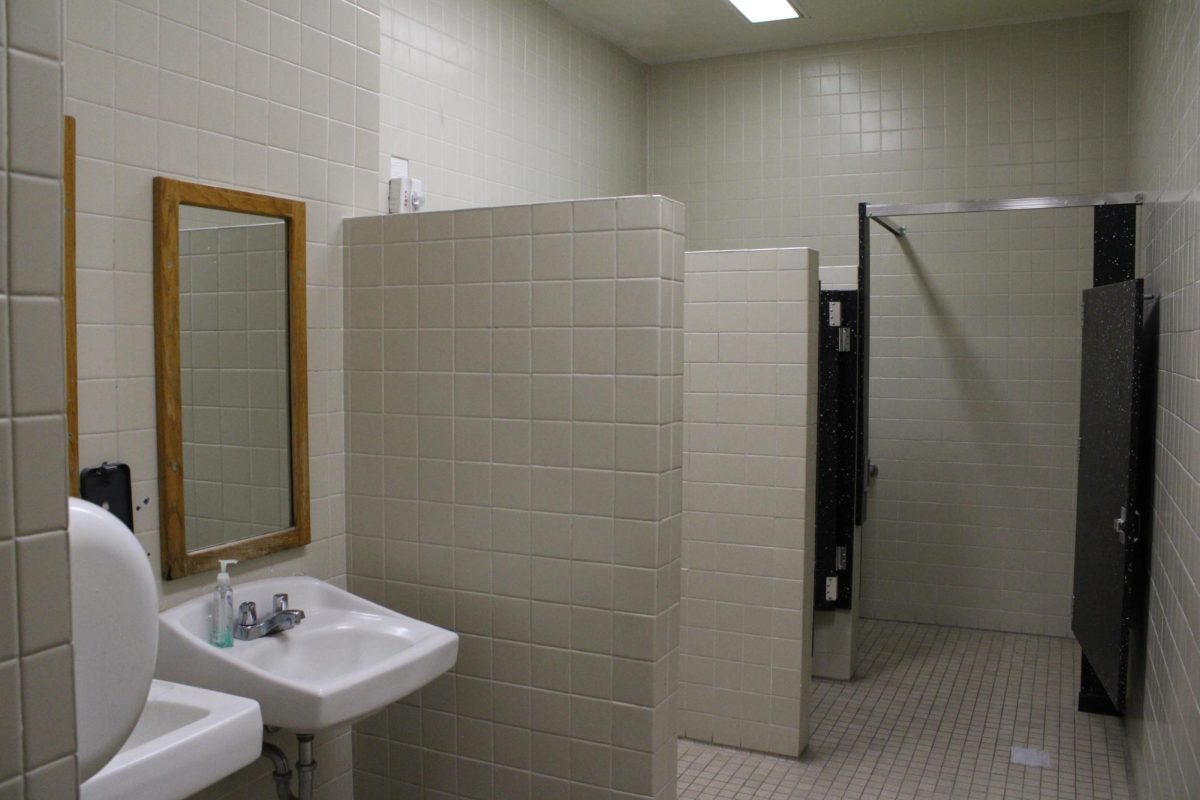Parking costly, inconvenient for Central students
Answering a question such as “How do you get to school?” may seem trivial. However, reliable transportation to and from school is vital to ensuring all students are able to even have the opportunity to make it to school each day.
While Central has a uniquely urban location and campus, a drawback of being a downtown high is the school’s lack of reliable parking. The only lot available for students to park in is the senior lot. The lot’s passes are awarded on a lottery basis, which doesn’t guarantee a spot for all senior drivers. Any sophomore, junior or senior drivers that didn’t receive a parking pass are left to try their luck at a parking meter, parking garage or a lot south of the gym lobby, an area coined “the hill.”
There are two prices of meters most closely located to Central’s campus: 10-hour meters that charge 25 cents per hour and 3-hour meters that charge $1.25 an hour. Assuming the average CHS student parks at 7:35 am and promptly leaves their spot at 3:10 pm each day, note the school day starts promptly at 7:40 and ends at 3:05 pm, and these times do not account for students with early outs or school-based extracurriculars, the average student would spend approximately $500 a year at a 10-hour parking meter, and $830 at a 3-hour parking meter.
Paying for a spot in the parking garage just a block northwest of the senior lot is $50 a month, which adds to $500 a year if the student were to pay for a pass for all 10 months school days occur throughout the year.
Parking on “the hill” is free, however spots which are on a daily first come first serve basis start to fill up at 7:10, thirty minutes before the school day begins. The hill doesn’t have any clear lines for parking spaces, which leaves maximizing the amount of parking available in the hands of newly licensed drivers, who have notoriously atrocious parking abilities. The hill fills up so fast, it’s really not a sustainable option for students with long commutes, those that take younger siblings to middle school, or anyone looking to catch a few more minutes of sleep.
Over the last month, all Central students were given the opportunity to take a survey that asked them specifics about how they get to school each day. When asked why they get to school the way they do, they gave an array of responses.
Out of the 490 responses recorded, 128 students that drive themselves to school each day responded. Responses as to why students chose to drive instead of taking another form of transportation varied greatly. Many cited convenience, saying, “I have parents that work and have activities after school so it’s easiest.” Others said, “I live too far west for the ORBT, and too far for the school buses, so I have to drive myself”. One noted, “My mom doesn’t want to wake up at 6:30 to drop me off.” Another student stated, “Driving gives me more freedom for after school activities, the confidence of being able to drive myself and my younger sister to and from school makes transportation to activities and school in general much simpler.”
Of the respondents who travel to school on methods of transportation different from driving, many noted a variety of factors were considered when making their decision. One student who bikes to school daily noted “Biking is joyful. I feel like I’m making an impact reducing CO2 emissions.” One student who was dropped off said, due to where they live, “I don’t receive school bus transportation anymore.” However, respondents mentioned cost and parking were contributing factors as well. A student who rides the ORBT daily simply responded, “because it’s the cheapest.” Another said, “I go to school on the ORBT so my mom can save money.” A student who is dropped off and picked up daily said, “Parking downtown is horrible.”
Despite many varying responses, it’s clear working out transportation logistics to a downtown high school is a taxing decision.
Transportation is a vital component in ensuring one’s access to education. Students that are subjected to unreliable bussing systems, a car that frequently breaks down, or a carpool driver that frequently oversleeps, are left missing class time, assignments, and a piece of their education overall. Although Central is a public school that offers free education to all, due to inconvenient spots and absurdly expensive fees, student drivers that have no other method of transportation available to them, are in essence paying to access their education.
Your donation will support the student journalists of Omaha Central High School. Your contribution will allow us to purchase equipment and cover our annual website hosting costs.

My name is Alice! My pronouns are she/her and I’m copy editor for The Register this year! This is my second year on staff and I am most likely to volunteer...




















